I program primarily in python and have some experience with virtual environments. I am new to the software and started looking at docker to run my code. I would like insight on what it does and how it works.
From my understanding docker containers are like virtual environments that run a set of instructions when executed and can treat that everything contained within it as a single entity (so it or something else wouldn't be conditional on each other?). As I read more about containers, they sound pretty perfect and would eliminate any need for virtual environments but again unsure. Would much appreciate some clarification on this because I haven't been able to find anything online.

